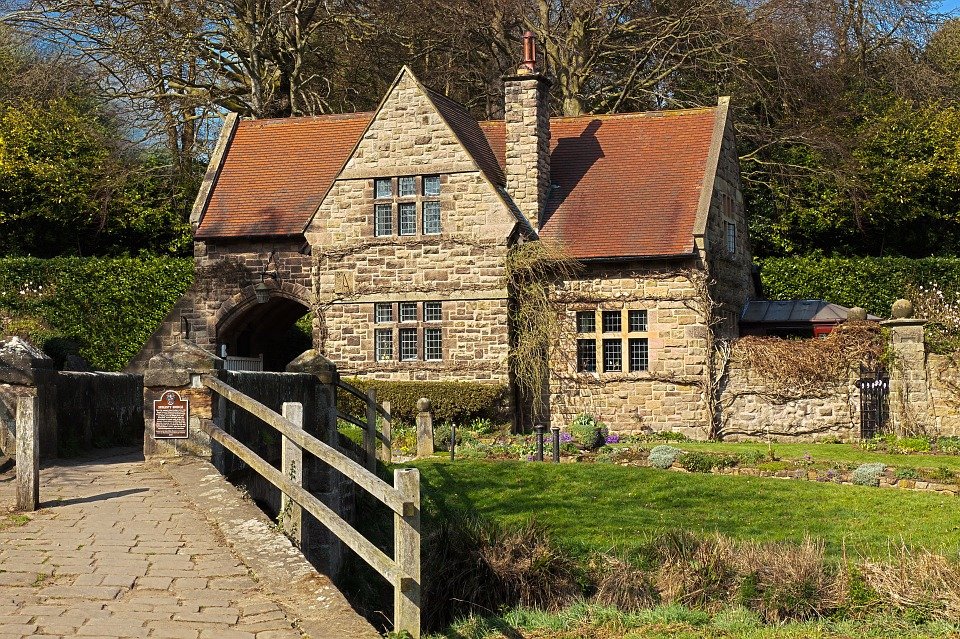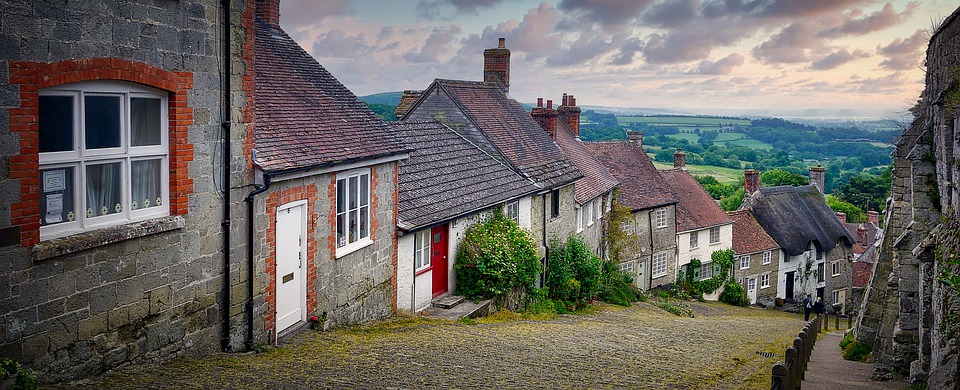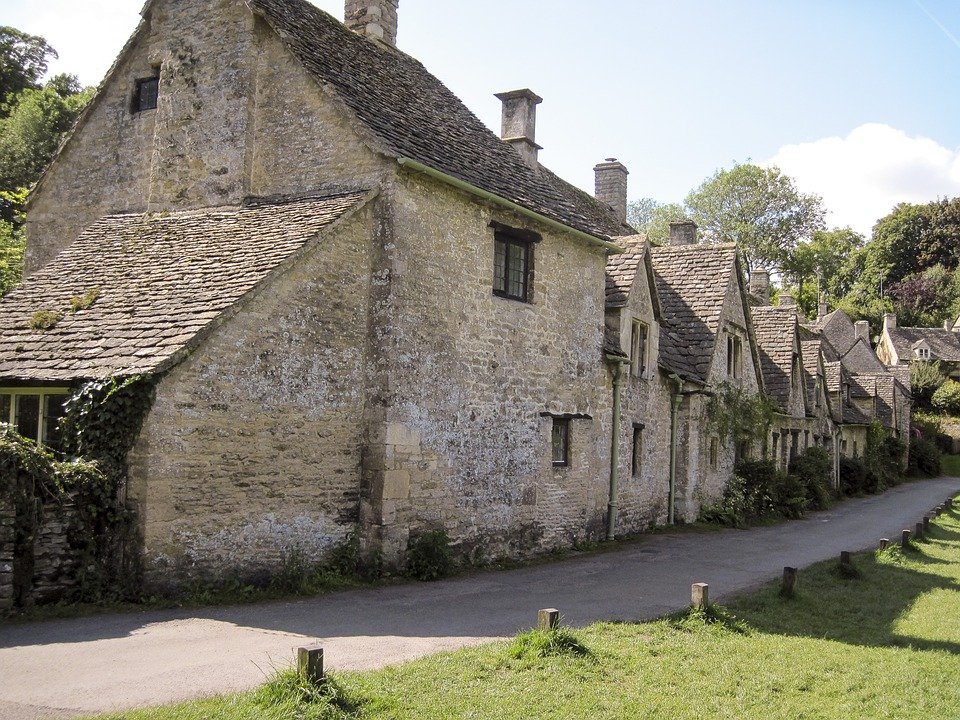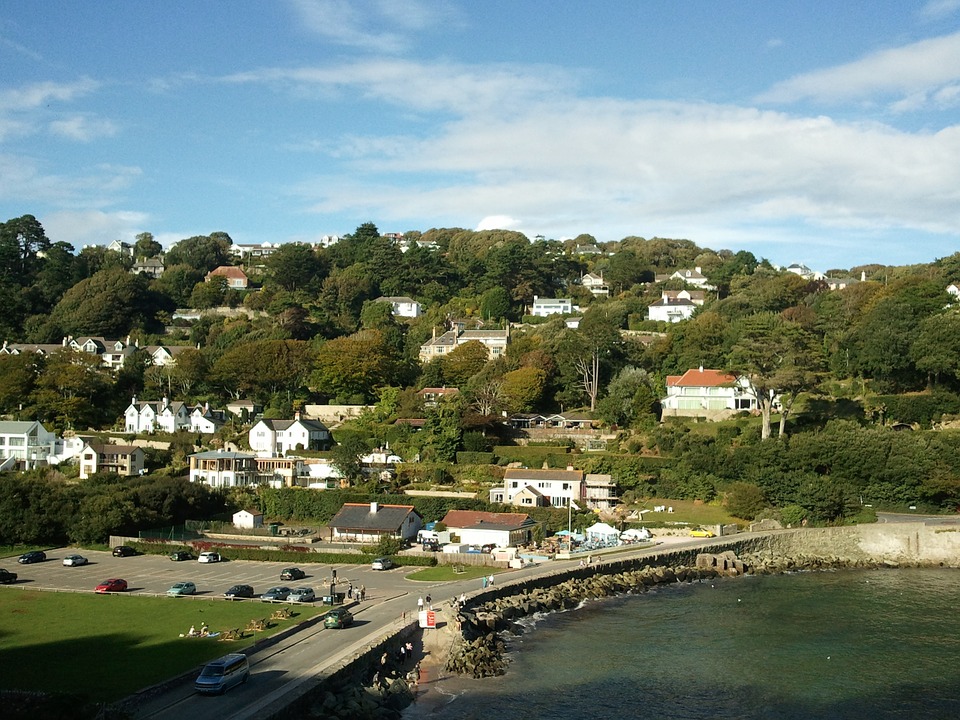This buy-to-let mortgage guide will help you if you’re thinking about buying a second home or holiday property. If you’re lucky enough to be in the position to do so, you can rent it out to paying guests to boost your income.
More than 770,000 families in England own a second home according to the English Housing Survey 2018-19, the most recent year for which official statistics are available. Of these, almost 40% use their second pad as a holiday home for themselves, friends or to let out to holiday makers.
It’s not hard to see why. You can earn thousands of pounds each year depending on the charm and location of your holiday home. It could be an investment that generates regular income and long-term gains, if house prices increase. Or the income could help you cover the cost of a mortgage on the property, while leaving you free to enjoy it at other times.
Contact us today to speak with a specialist Holiday Let Broker to discuss how we can assist you
Buy-to-let mortgage guide for rentals and holiday homes
If you fancy making money from your countryside bolthole or city pied- à-terre, here are some helpful buy-to-let mortgage tips to get you started.
Choosing your property and location
Picturesque destinations with year-round appeal that are accessible to large populations such as the Peak and Lake Districts and the Cotswolds are a win with holiday makers. North Wales and the Welsh Borders are also sought-after locations, according Luxurycottages.com.
Think about how easy it is to get to your property using different transport links and your home’s proximity to attractions or the coast. If your home is near a beach or in easy walking distance to tourist hotspots you can charge more.
City lovers might want to invest in an urban pad. Last year, analysis by Vanquis found the top three most profitable cities to be an Airbnb landlord were Cardiff, Belfast and Manchester.
Personal touches and premium customers
You’ll need to go the extra mile to attract quality guests and charge a premium. Holiday homes positioned as premium getaways can generate up to 2.5 times the income of a standard property.
Chief executive of Luxurycottages.com Alistair Malins says: ‘Every guest wants to feel special when they’re away and thoughtful little touches like a hamper of local produce, or a bottle of wine on arrival really help set the tone for their stay.
‘Being able to enjoy some of the luxuries that you don’t have at home, such as a hot tub, sauna or warming up by a log burner all add to the authentic experience of staying in a luxury home.’
Setting your rates
Speak to local letting agents to find out the going rate for properties like yours. Ask how long the booking season lasts and what rates you can charge in high and low seasons. How much you can charge, however, will partly depend on the quality of your online reviews.
During your first year before you have any reviews you may want to offer your property at a discount so you can attract holiday makers and build up positive feedback.
Your property may not always be let, especially outside the holiday season. So if you have a mortgage on the home that you’re expecting to repay from lettings income, factor some empty periods into your calculations.
Advertising your holiday home
Airbnb is one of the most popular platforms used by holiday homeowners. You pay around 3% per booking to use the website. You have to manage your own bookings and respond to guest queries. Similar websites include Booking.com, Cottages.com and VRBO.com, formerly known as HomeAway.
An alternative is to pay a property agent to market your property, manage guest admin and maximise lettings for you. Agents tend to charge between 15% and 20% of every booking.
Tax treatment
Income you earn from letting out your holiday home is taxable. You will need to declare it on your annual tax return. You’ll then pay income tax at 20%, 40% or 45%, depending on whether you’re a basic-, higher- or additional-rate taxpayer.
More happily, you can qualify for a host of tax perks on your holiday home if it meets the Furnished Holiday Let rules. The main rules to remember are that it must be available to let for at least 210 days a year and let to paying guests for 105 days a year.
If you meet the requirements, you can deduct expenses from your earnings before tax such as:
- Mortgage interest costs
- Advertising or property management fees
- Cleaning and maintenance
- Utility bills
- Welcome pack items
- Insurance premiums
You’re also entitled to tax relief on items such as furniture, fittings and equipment bought to enhance the value of your holiday home.
Setting up your holiday home in the first year can be expensive. Don’t worry though, you can carry any losses forward into the next tax year for tax purposes.
Here’s some more tax advantages:
- Small business rates relief – holiday let owners must register for business rates rather than council tax. However, you may be entitled to small business rates relief which means you pay nothing at all. Call your local council to find out if you’re exempt.
- Wear & Tear Allowance – you can claim tax relief on domestic items you’ve replaced because they’re no longer usable.
- Pension contributions – profits you earn from your holiday home are eligible for a tax top up from the government when paid into your pension pot.
- Capital Gains Tax – when you sell your property you may be eligible for entrepreneur’s relief, rollover relief or hold-over relief.
It’s advisable to speak to an accountant for tax advice.
Specialist mortgage and insurance
You’ll need a specialist holiday buy-to-let mortgage which typically requires a 25% deposit. It’s best to speak to a mortgage broker who can find you the best mortgage rates for your circumstances. Specialist insurance is a must too. Everyday home insurance won’t cover your needs because there is an increased risk of damage and theft.
You may want public liability cover too, which insures you if a guest is injured in your property. Price comparison websites will allow you to search for specialist cover.
Discover our Holiday Let Mortgage Broker services.
By Samantha Partington
Source: Ideal Home







